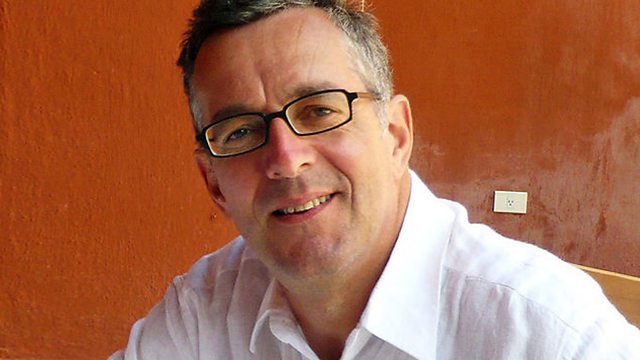Sustainable Public Food and Nottingham
Can we afford new standards in public food? Simon Parkes finds out.
In these hard economic times does a Private Members Bill introducing new standards for the food sourced by public bodies stand a chance of becoming law? Simon Parkes visits Nottinghamshire, where some hospital meals and all school dinners are procured this way, to look at what such a change might mean in practice.
The Nottingham City Hospital has been sourcing sustainably for 7 years, buying its meat and vegetables from local farmers. Food is fresher, higher quality, and no more expensive, and now over half the money the hospital spends on food goes into the local economy, benefitting local suppliers like dairy wholesalers Transfresh, and butchers Owen Taylor.
Also 7 years ago Nottinghamshire County Council began its process of sourcing its school meals food sustainably, and has now achieved Silver Standard under the Soil Association Food for Life Partnership scheme. Donna Baines, School Food Development Manager, met Simon in Maloney's butchers, which now supplies all their meat, with Alison Maloney and Jeanette Orrey, school meals campaigner, to discuss the impact of these changes on the food, their finances, and the threats posed by the current spending review. The service is currently being "market tested" with a view to potential privisation. Conservative Councillor Andy Stewart explains what that might mean.
In the studio to discuss the Bill are Labour MP Joan Walley (Stoke on Trent North) who tabled the Private Members Bill; Tony Cooke Government Relations Director of catering service provider Sodexo; and Kath Dalmeny, Policy Director of Sustain, which runs the Good Food for Our Money campaign.
Producer: Rebecca Moore.
Last on
Broadcasts
- Sun 31 Oct 2010 12:32大象传媒 Radio 4
- Mon 1 Nov 2010 16:00大象传媒 Radio 4
Download this programme
Subscribe to this programme or download individual episodes.
Can comfort foods really make you feel better?
Yes they can, says Sheila Dillon.
Podcast
-
![]()
The Food Programme
Investigating every aspect of the food we eat


